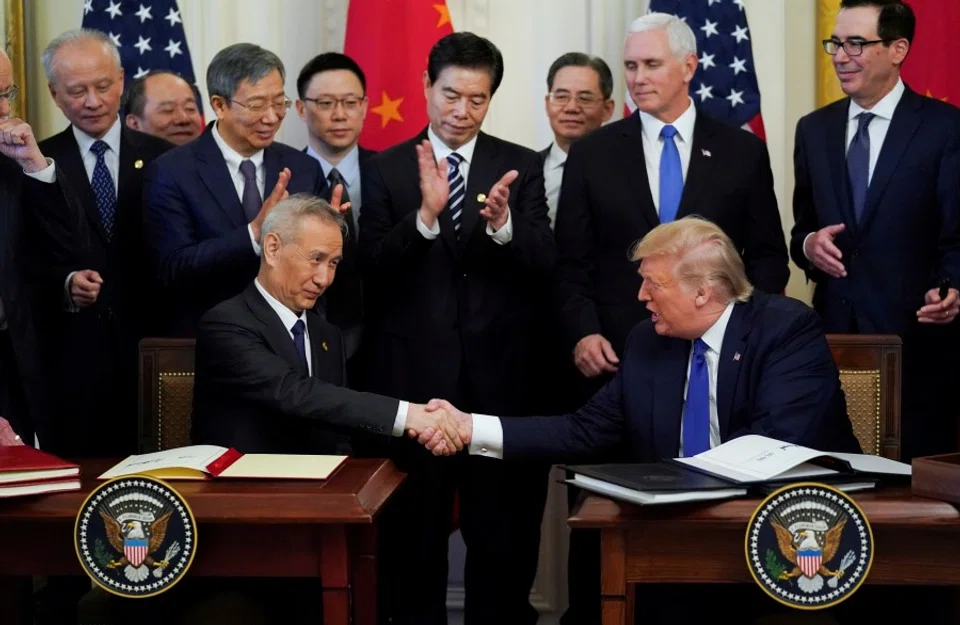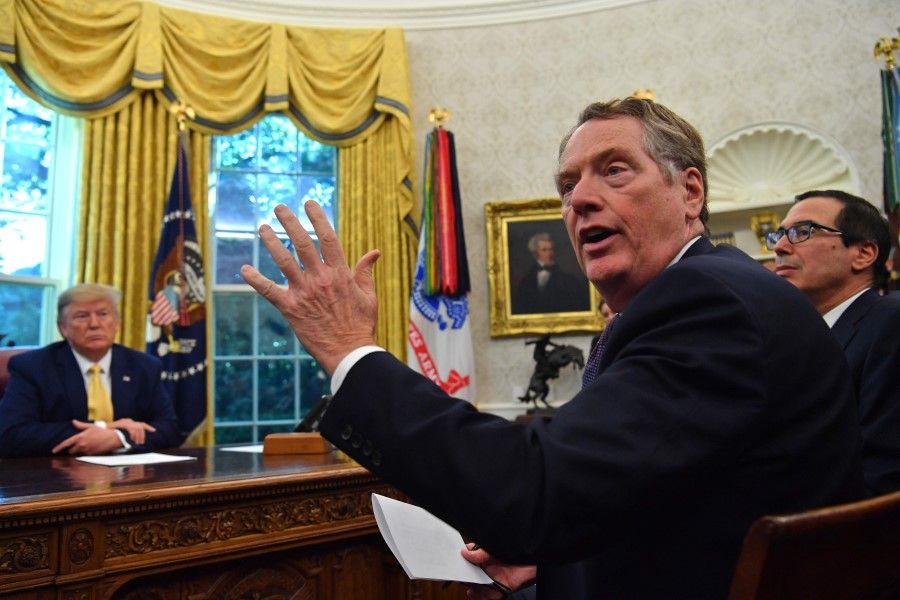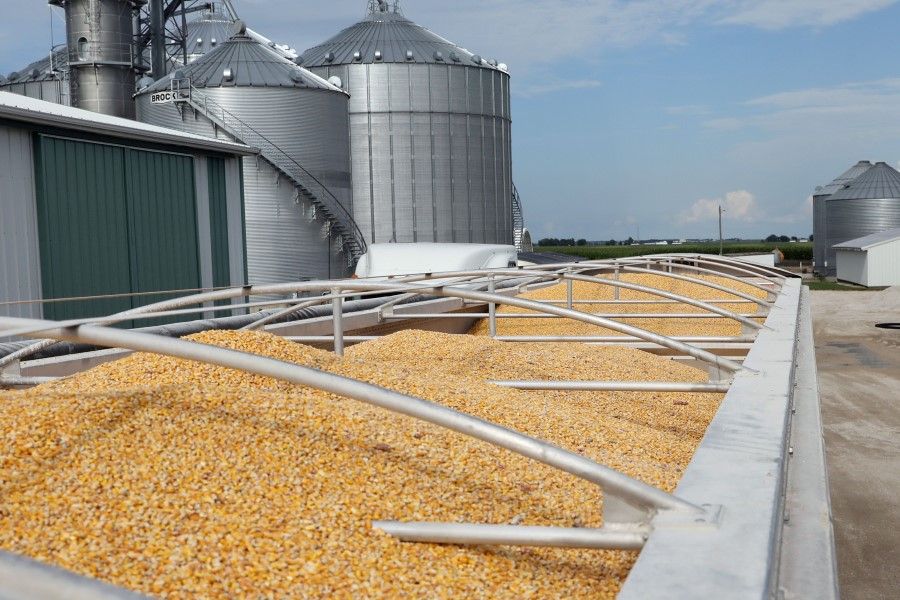US-China trade talks resume on a wary note

After a ten-day delay, China and the US conducted a review of their phase one trade agreement, easing external concerns about the trade deal being shelved and there being a complete communication shutdown between both countries. Analysts say that positive signals from both sides suggest that US President Donald Trump will not give up on the trade deal in the short term, and that China-US trade and economic ties can be maintained. However, if Trump thinks that unilaterally imposing sanctions on China will improve his odds of winning the presidential election more than bilateral negotiations, the significance of the trade deal will be further downplayed.
Yesterday morning, member of the Politburo of the Communist Party of China and Chinese Vice Premier Liu He had a phone call with US Secretary of the Treasury Steven Mnuchin and US trade representative Robert Lighthizer. A statement released by the Chinese Commerce Ministry said that both sides had a constructive dialogue on issues such as strengthening the coordination of macroeconomic policies and the implementation of the phase one agreement, and agreed to create the right conditions for pushing forward on the implementation of the trade deal.
The Office of the US Trade Representative released more details of the phone call. A statement said that both parties addressed steps that China has taken to implement structural changes to ensure "greater protection for intellectual property rights, remove impediments to American companies in the area of financial services and agriculture, and eliminate forced technology transfer". Both parties also discussed the "significant increases in purchases of US products by China" and actions needed to implement the agreement. They also reaffirmed their commitment to making the agreement a success.

Topic of US suppression of Chinese enterprises sidestepped
China and the US originally agreed to have a video conference on 15 August to review the implementation of the phase one trade deal, but it was cancelled at the last minute. Last week, Trump told the media that the conference was cancelled because he did not want to talk to China at the moment. When asked if the US would pull out of the phase one trade deal, he responded, "We'll see what happens."
Earlier, Bloomberg reported that China would bring up the US government's suppression of Chinese companies such as ByteDance and Tencent during the trade talks. However, this topic was not touched upon judging by the statements released by both sides. At a regular press conference yesterday, Chinese Foreign Ministry spokesperson Zhao Lijian did not give a direct reply to this topic as well, asking those who wanted specific information to channel their queries "to the competent authority".
Chinese State Councilor and Foreign Minister Wang Yi emphasised that China-US decoupling was neither feasible nor reasonable, and was in fact "a dead end doomed to go nowhere" and a move that it would "boomerang" back to hurt itself.
According to the phase one trade deal signed in mid-January this year, China committed to buying an additional US$200 billion (about S$274.2 billion) worth of US goods and services, based on 2017 baseline figures. US Department of Agriculture figures show that China's imports of US agricultural and related products in the first half of this year met only 20% of this year's target. In order to catch up, China has ramped up its purchasing in the second half of the year, with a record purchase of US corn in July, registering a 136.5% jump over the same period last year to hit 910,000 tonnes.

China's foreign affairs officials speaking up to ease China-US relations
Apart from buying more products, China's foreign affairs ministry officials have also made several statements to ease bilateral relations. Speaking to the media on 24 August, Chinese State Councilor and Foreign Minister Wang Yi emphasised that China-US decoupling was neither feasible nor reasonable, and was in fact "a dead end doomed to go nowhere" and a move that it would "boomerang" back to hurt itself.
Professor Li Mingjiang of the S. Rajaratnam School of International Studies at Nanyang Technological University told Zaobao that while there are some views that the trade deal will not add significantly to Trump's election chances and may be abandoned, Trump has not been attacked by opponents for mishandling it, which shows that the trade deal is seen as a positive political result for him, and is an important buffer for China-US relations.
Tommy Xie, OCBC Bank's Head of Greater China Research, assessed that whether or not the Trump administration abandons the trade deal depends on two factors: whether Trump shifts from "America First" to "elections first" and takes extreme, self-damaging measures to win votes, and whether the US will impose more economic sanctions on China. He said, "In the end, trade conflicts are a bilateral issue, and can be resolved within a framework. Sanctions are initiated unilaterally, and there is no limit. If Trump relies on the latter to win votes, the trade deal will lose even more meaning."
